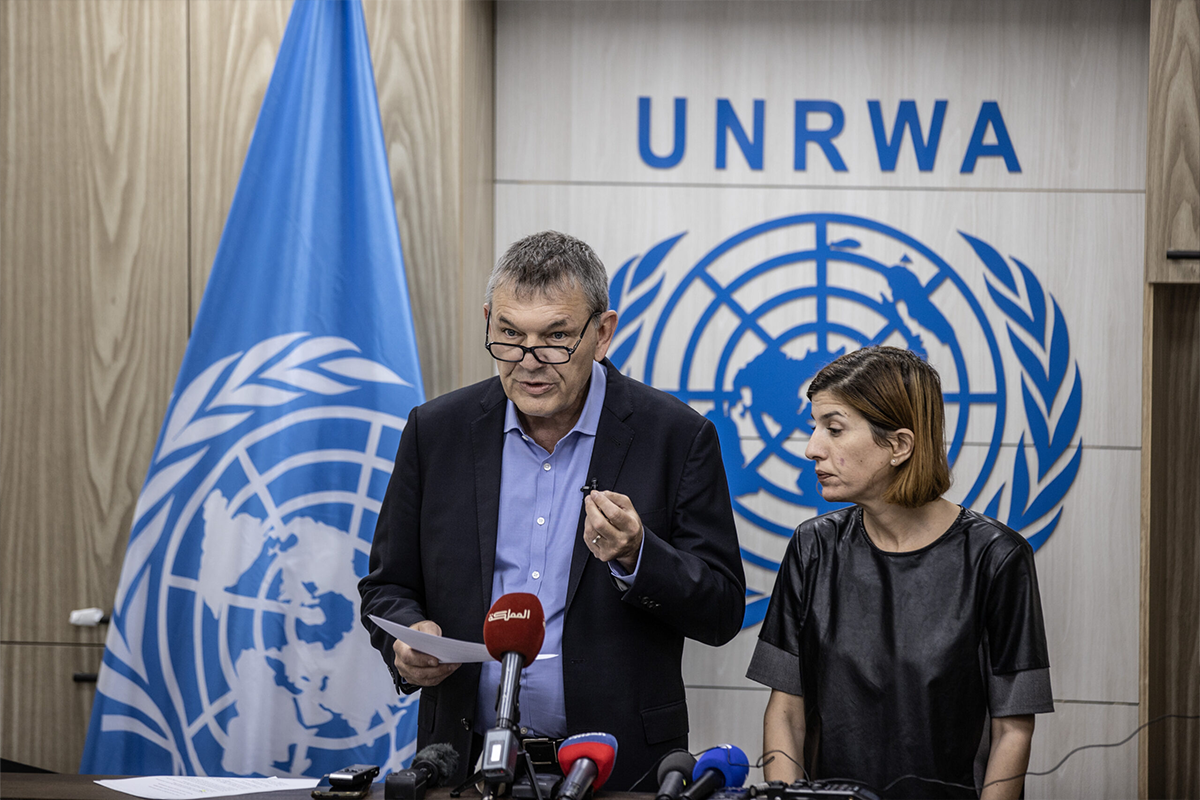The recent war in Gaza is by now more destructive than ever, and in UNRWA’s case, the losses are grave. By Wednesday, UNRWA said it had suffered the loss of 212 of its employees since the start of the Israeli military campaign in October. This has once again brought out that voluntary and humanitarian workers are at very high risk and are probably one of the most challenging worlds to serve, depending on the circumstances in which they find themselves.
According to a statement on the X account, while acknowledging the death toll and the other challenges enumerated above, UNRWA vowed to continue providing humanitarian aid wherever it could, though with many challenges. The agency’s work has become increasingly necessary as the Gaza humanitarian situation worsens.
After the outbreak of Operation Cast Lead in December 2008, UNRWA characterised the operation in Gaza as the most complex humanitarian operation the UN is today involved in. Agencies have recorded 464 incidents since the start of the conflict on October 7, which targeted agency facilities and the people in them across the Gaza Strip. They illustrate the very high threats to staff and the population, depending on the services provided by UNRWA.
Due to these facts, UNRWA is the largest and most crucial non-governmental organisation that helps in the Gaza Strip, which is under permanent siege. The UN General Assembly set up the agency more than 70 years ago to provide help to Palestinians who were driven out of their homes by fighting that erupted after the creation of Israel. However, it is even more important today since it responds to a humanitarian crisis, offering critical assistance to a population.
The violence in Gaza intensified after an attack on October 7 by Hamas, which Israel reciprocated with constant military power. There has been no let up on the assault in an apparent defiance of a United Nations Security Council resolution ordering an immediate cease mechanism. In the same year, UN health officials reported that more than 9,400 people, mostly civilians, had been killed on the Palestinian side, and more than 283,000 had been reported injured.
The condition is made worse by a blockade, which has led to Gazans living in an unenviable situation of squalor. Essential commodities, including food, water, and medicine, remain scarce, and those needs have been exacerbated to the worst by the struggling populace of a country. Substandard living conditions have been the order of the day in the Gaza Strip, with most parts of Gaza destroyed and the chances of rebuilding diminishing with the passing of every day.
The aggression of Israel towards Gaza, women, men, and children has elicited criticism from across the world, with people and lawmakers charging genocide before the International Court of Justice. The court has now stopped military operations in Rafah, a southern city through which more than one million Palestinians had fled before it was attacked on May 6. However, the crisis that acts as the source of the problem keeps unfolding, with the conflict still in place.
In this hopeless situation, UNRWA continues to be significant. However, the agency has continued to lose resources and personnel while facing staggering odds. Nevertheless, the agency’s dedication towards its cause is the only hope for millions of Palestinians who rely on the agency to feed them. The global society cannot afford the critical task of increasing support to UNRWA and ensuring that the necessary humanitarian assistance can be delivered during such continuing conflict.















